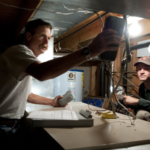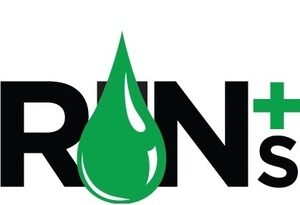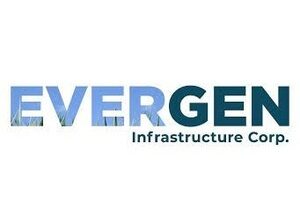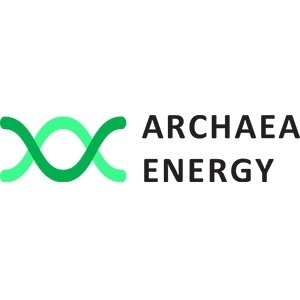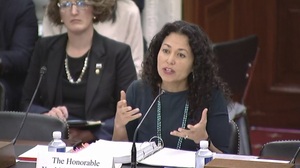Minnesota bill updates RPS, creates carbon-free mandate
Energy Disrupter
ADVERTISEMENT
Minnesota lawmakers have approved a bill that aims to implement two new mandates for the state’s electric utilities—a renewable electricity standard and a carbon-free electricity standard. The bill names biomass energy as an eligible technology.
The Minnesota House passed the bill, HF7, on Jan. 26 by a vote of 70 to 60. The Minnesota Senate voted 34 to 33 in favor of the legislation on Feb. 2. Minnesota Gov. Tim Walz is expected to sign the bill.
Minnesota implemented a renewable portfolio standard (RPS) in 2007 that required 25 percent of the state’s electricity to come from renewable power sources by 2025. The state has already achieved that goal. The newly passed climate legislation aims to increase the renewables requirement to 55 percent by 2035. HF7 also creates a new standard that requires utilities that do business within the state to get a percentage of their electricity from carbon-free sources. The carbon-free requirement starts at 80 percent for public utilities and 60 percent for other electric utilities in 2030 and ramps up to 100 percent for both types of utilities in 2040.
Eligible technologies identified by the bill include solar, wind, certain hydroelectric facilities, hydrogen, and biomass, including landfill gas an anaerobic digestion facilities. The bill specifically exempts the Hennepin Energy Recovery Center, which burns garbage to generate energy, from meeting the legislation’s goals.
A full copy of HF7 is available on the Minnesota Legislature website.







